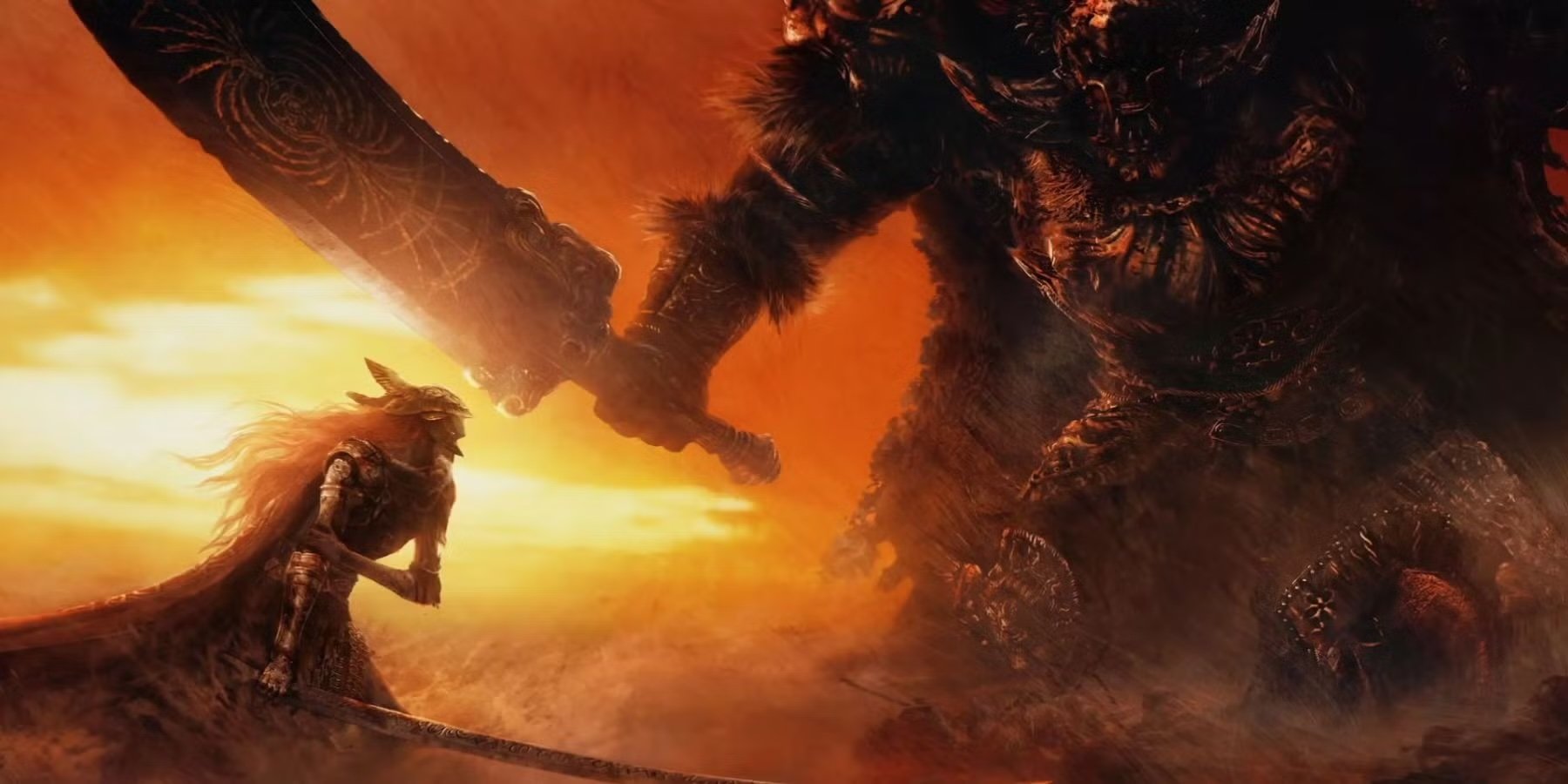Honor of Kings — called Arena of Valor in the international market — is Tencent’s multiplayer online battle arena (MOBA) game, essentially a mobile League of Legends spin-off. Today it’s one of the world’s most popular mobile games, clocking in at a record-breaking 100 million active daily users.
Now the Chinese gaming giant plans to diversify the franchise, in a cross-media move that could see Honor of Kings expanding into formats beyond gaming.
Related:
 “China’s Twitch?” The Two Giants Behind the Country’s Livestreamed Gaming EmpireLivestreamed gaming has long been dominated by two big tech companies, but a possible merger might mean the end of an eraArticle Aug 05, 2020
“China’s Twitch?” The Two Giants Behind the Country’s Livestreamed Gaming EmpireLivestreamed gaming has long been dominated by two big tech companies, but a possible merger might mean the end of an eraArticle Aug 05, 2020
“We are going to expand how players can interact with the Honor of Kings world and create a multi-dimensional brand experience that drives engagement both inside the game and outside it,” Li Min, game director and general manager of Tencent’s Timi Studios, told Reuters. “This could include anime, films, music and even live action series.”
The changes also address the entry of League of Legends — the world’s most popular desktop game — into the mobile gaming market, which could affect Honor of Kings’ user numbers. Other tie-ups include a collaboration with British luxury brand Burberry, and an officially-licensed in-game Bruce Lee look.
The move comes as Tencent also moved to register a number of League of Legends-related trademarks in China, including “LEGENDLAND,” which has led to speculation that the company — which owns LoL developer Riot Games — may be considering a theme park for the title.
Related:
 China’s Pocket Power: How Chinese Developers Influence the Global Mobile Games MarketAn insider’s guide to how Chinese developers decide on what works, and what doesn’t from the swathes of game types to choose fromArticle Aug 07, 2019
China’s Pocket Power: How Chinese Developers Influence the Global Mobile Games MarketAn insider’s guide to how Chinese developers decide on what works, and what doesn’t from the swathes of game types to choose fromArticle Aug 07, 2019
Released in 2015, Honor of Kings was the most downloaded app worldwide by 2017. In just two years it reached 80 million active daily players to become one of the world’s most popular games. It is also the premier mobile esport, drawing 44 billion viewers in 2019.
Since 2017, the game has tested different strategies to maintain popularity. A foray into the European and North American markets flopped; since then, Tencent chose to focus more heavily on Asian markets — an expanded universe of music, animation, and film could be just the way to do it.


















